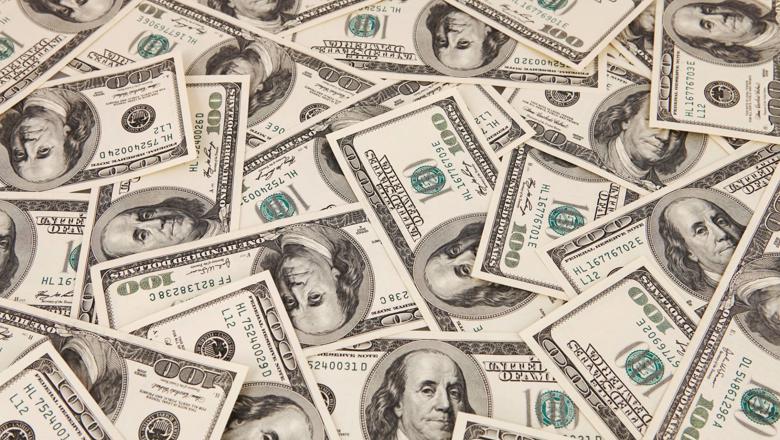Our study found that the provision of COVID-19 information has a dramatic effect on policy preferences.
Researchers
11 January 2021
COVID-19: Americans overwhelmingly support economic policy reset based on wealth taxes
The effect of the COVID-19 pandemic on people’s political preferences could pave the way for Joe Biden to introduce lasting changes in US economy policy.

A study carried out by a team of academics at King’s College London found that polarising views on economic issues between Republican and Democratic party voters were reversed when people were exposed to information related to the pandemic.
One of the most dramatic shifts was in the attitude of voters to potential tax increases, with preferences changing from a resistance to any increase across the political divide to a preference for greater taxation and a greater shouldering of responsibility by big business and the wealthy.
The key driver in the change in attitude, the study found, was exposure to information of the health and economic effects of the pandemic. The COVID-19 information caused a narrowing of the typically polarised views normally held by Republican and Democrat voters in a way that other information had not – so-called ‘information immunity’.
The study, Reality polarization and citizens' post-pandemic fiscal adjustment preferences, was carried out by Professor Shaun Hargreaves Heap, Dr Christel Koop, and Dr Konstantinos Matakos, with support from PhD candidates Asli Unan and Nina Weber.
The researchers said: “Our study found that the provision of COVID-19 information has a dramatic effect on policy preferences.
“Not only does the partisan fiscal policy polarisation typically encountered between supporters of the two main parties disappear but, in the one area in which there is a distinguishing consensus - against tax increases – we see a reversal: both Democrats and Republicans now swing behind reliance on tax increases.
“This is an important result in its own right. The pre-COVID-19 characteristic of `information immunity' disappeared in our experiment. Importantly, this could signal a turn towards a more consensual and social-democratic type of politics in the US as information on the COVID-19 and its health and economic implications accumulates.”
Although the longevity of such a shift in attitude and the effect of COVID-19 information on preferences is unknown, the researchers say the election of Joe Biden in November 2020 on the back of a campaign that put a great deal of focus on the pandemic suggests it may be long lasting, thereby garnering support for an economic ‘New Deal’.
They added: “What our study suggests in this respect is that Biden's COVID-19 campaign messages played into what, with these campaign COVID-19 triggers, was likely to be a new and more sympathetic political audience at the height of the first wave of the pandemic.
“This plausibly contributed to his success in the election and so is one indication that these COVID-19 information effects may have continued, at the very least as far as November 2020.”



